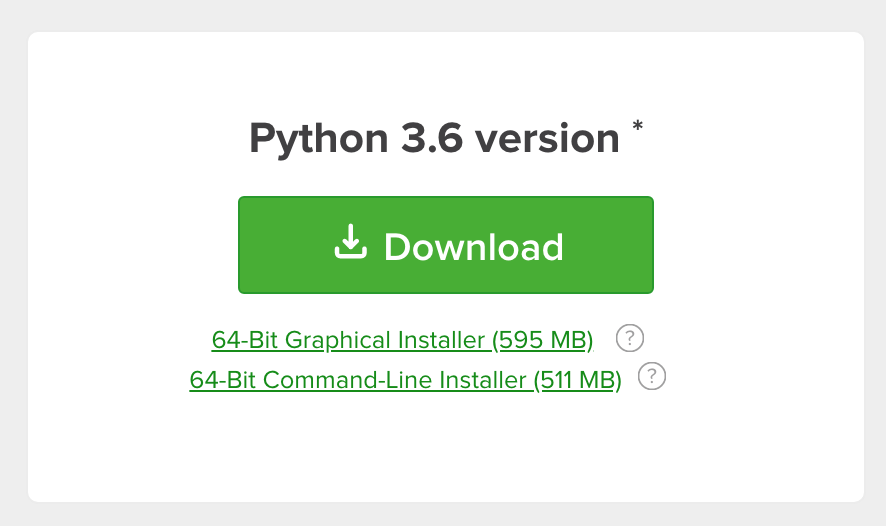jseabold / Pycon Ds 2018
Labels
Projects that are alternatives of or similar to Pycon Ds 2018
Introduction to Python for Data Science
This is the Pycon 2018 tutorial Introduction to Python for Data Science.
Outcomes
Attendees will come away with knowledge about how to effectively use Python and packages in the PyData stack like pandas, matplotlib, and scikit-learn to do data science. We'll learn how to get and read data, clean and munge data, conduct exploratory data analysis, and use scikit-learn to do machine learning with a real-world data set. We will focus on best practices in using Python along the way.
Pre-Requisites
Some very basic knowledge of Python will be helpful. If you have never used Python before, but have programmed in some other language, that's fine. If you don't have a lot of experience with programming, you may want to look at at least the first five sections of the python tutorial. Other than the basics of Python, no familiarity with Python tools will be expected.
Some knowledge of statistics and data science will be helpful.
Requirements
Download the Tutorial
If you would like to code along during the workshop, follow these steps.
If you are familiar with git, clone this repository. To do so at the command line, type
git clone [email protected]:jseabold/pycon-ds-2018
If you are not familiar with git, you can download the code directly from GitHub.
The day before the conference, you will want to check for any code changes. From the directory that contains the code, run
git pull
Or, download the zip file again.
Install the Packages
Before you arrive, install all of the pre-requisite packages. You may not be able to rely on conference Wi-Fi to do this.
If you don't have conda or anaconda installed, you may want to download the Python Anaconda Distribution. Go to anaconda.org and click on Download Anaconda.
Select the Python 3.X version for your OS (it should be automatically chosen). Download and install anaconda.
Now that you have conda or anaconda, type the following from the directory with this code at the terminal or command prompt.
conda env create -f environment.yaml
Activate the Environment with the Packages
Now you need to switch to the environment we just created with the packages installed. If you are on macOS or linux, run in the terminal
source activate pycon-ds-2018
If you are on windows, run at the command prompt
activate pycon-ds-2018
Make sure you can run the Jupyter Notebooks
jupyter notebook
You can make sure that all of the packages were installed correctly, by running the following at a new or different terminal or command prompt (i.e., not the one you just typed jupyter notebook in) within the same directory with the code.
python imports-test.py
Data
Go ahead and unzip the data in the data/ directory. Depending on how you unzip the archive this may create a subdirectory, if it does then you need to move all of the files into the parent directory. All of the data files should be in the data/ directory not data/data.
Outline
Introduction
What's data science? Why Python? What does it mean to write Pythonic code?
Geting and Reading Data with Python
Working with CSVs, json, web data using pure Python and pandas.
Data Wrangling with Pandas
How can I use pandas to clean my data?
Exploratory Analysis with Pandas
How can I use pandas to learn more about data?
Exploratory Plotting
How can I use Python plotting libraries like matplotlib and seaborn to understand the structure in my data?
Scikit-Learn
How can I put all of this together and build a machine-learning pipeline on some real world data?



